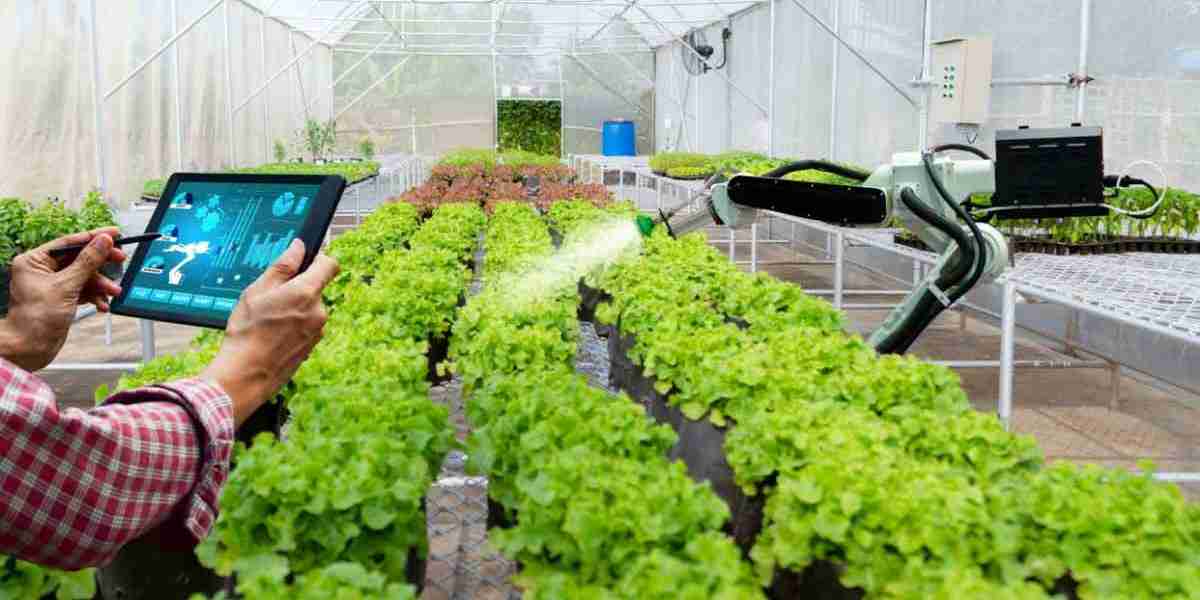Call Us
B.Tech Agricultural Engineering Course
Overview
- B.Tech in Agricultural Engineering is a four-year undergraduate degree that integrates engineering principles with agricultural sciences.
- The course focuses on modern agricultural techniques, farm machinery, irrigation systems, soil and water conservation, and food processing technologies.
- It aims to improve agricultural productivity using engineering innovations.
- B.Tech in Agricultural Engineering is a promising course for students interested in modernizing agriculture with engineering solutions.
- With increasing demand for sustainable farming, efficient irrigation, and agri-tech innovations, this field offers excellent career growth, competitive salaries, and opportunities in government and private sectors.
- Whether pursuing higher studies or stepping into the job market, graduates of this field have a bright future ahead.
Age Limit
- Most universities and colleges do not have a specific age limit for admission to B.Tech in Agricultural Engineering.
- However, some institutions may require students to be at least 17 years old at the time of admission.
Eligibility Criteria
- To be eligible for a B.Tech in Agricultural Engineering, candidates must fulfill the following criteria:
- Must have completed 10+2 (or equivalent) with Physics, Chemistry, and Mathematics as mandatory subjects.
- Some institutions may also consider Biology, Agriculture, or Computer Science as an additional subject.
- Minimum aggregate marks required vary between 50% to 60% (depending on the institution and category of the candidate).
- Admission is generally based on entrance exams or merit-based selection.
Duration
- The course duration is four years, divided into eight semesters. Each semester includes theoretical coursework, practical training, and industrial exposure.
Course Fees
- The tuition fee for B.Tech in Agricultural Engineering varies from INR 50,000 to INR 2,50,000 per annum, depending on the institution, facilities, and location.
Entrance Exams
- Admission to B.Tech in Agricultural Engineering is primarily through entrance exams such as:
- JEE Main (Joint Entrance Examination)
- ICAR AIEEA (Indian Council of Agricultural Research All India Entrance Examination)
- State-level entrance exams (such as KCET, WBJEE, AP EAMCET, etc.)
- University-specific exams (such as SRMJEEE, VITEEE, etc.)
Career Opportunities
- Graduates of B.Tech in Agricultural Engineering can explore diverse career opportunities in both the public and private sectors. Some of the major career paths include:
- Agricultural Engineer
- Irrigation Engineer
- Farm Equipment Designer
- Soil and Water Conservation Specialist
- Food Processing Engineer
- Research Scientist
- Agri-Tech Entrepreneur
Placement & Salary
- Top recruiters in this field include agricultural equipment companies, food processing industries, irrigation departments, and government agricultural agencies.
- Starting Salary: INR 3-6 LPA (Lakhs per Annum)
- Mid-Level Salary: INR 6-10 LPA
- Experienced Professionals: INR 10-15 LPA or more, depending on expertise and experience.
Syllabus
- The syllabus of B.Tech in Agricultural Engineering typically includes:
- Basic Engineering Subjects: Engineering Mathematics, Physics, Chemistry, and Computer Applications
- Core Subjects:
- Soil Science and Engineering
- Farm Machinery and Power
- Irrigation and Drainage Engineering
- Dairy and Food Processing
- Renewable Energy in Agriculture
- Agricultural Structures and Environmental Control
- Crop Production Technology
- Water Resource Management
- GIS (Geographic Information System) in Agriculture
- Practical Training & Internships
- Project Work
Specializations
- Students can choose to specialize in various areas such as:
- Farm Machinery & Equipment Engineering
- Soil & Water Conservation Engineering
- Food Process Engineering
- Renewable Energy in Agriculture
- Post-Harvest Technology
- Precision Agriculture
What to Do After B.Tech in Agricultural Engineering?
- After completing a B.Tech in Agricultural Engineering, graduates have multiple pathways to explore:
- Higher Studies:
- M.Tech in Agricultural Engineering
- MBA in Agribusiness Management
- Postgraduate diplomas in Agriculture Technology
- Research and Ph.D. programs
- Government Jobs:
- Indian Agricultural Research Institute (IARI)
- State and Central Agricultural Departments
- Public Sector Units (PSUs)
- Private Sector:
- Agri-Tech Startups
- Multinational Agricultural Companies
- Food Processing Industries
Popular Colleges & Universities
- Here are some of the top institutions offering B.Tech in Agricultural Engineering:
- Indian Institute of Technology (IIT) Kharagpur
- National Institute of Technology (NIT) Silchar
- Tamil Nadu Agricultural University (TNAU)
- Punjab Agricultural University (PAU)
- G.B. Pant University of Agriculture and Technology
- University of Agricultural Sciences, Bangalore
- Anand Agricultural University, Gujarat
- Dr. Balasaheb Sawant Konkan Krishi Vidyapeeth, Maharashtra
